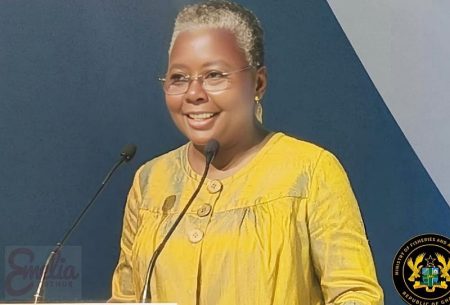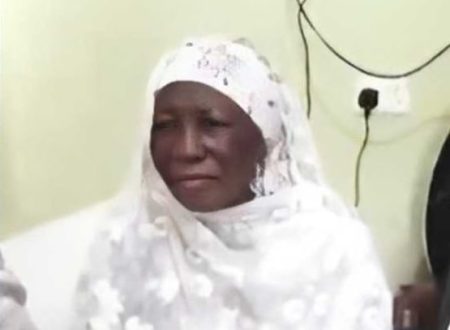The political landscape of Ghana’s Ablekuma North constituency remains embroiled in controversy following the Electoral Commission’s (EC) decision to conduct a re-run of parliamentary elections in 19 polling stations. This decision, aimed at resolving a protracted impasse stemming from disputed results in the initial election, has been met with resistance from the New Patriotic Party (NPP), prompting a sharp rebuke from the Office of the Vice President. Ama Pratt, Press Secretary to the Vice President, expressed her astonishment at the NPP’s rejection of the EC’s plan, emphasizing that the decision represented a balanced compromise reached after months of intensive negotiations and consultations. The NPP’s sudden reversal, after participating in these extensive deliberations, raises concerns about their commitment to resolving the issue and ensuring proper representation for Ablekuma North in Parliament.
At the heart of the dispute lies the validity of results from several polling stations during the initial parliamentary election. Discrepancies and irregularities, including destroyed or improperly verified pink sheets (official result documents), cast doubt on the legitimacy of the initial outcome. This led to opposing demands from the NPP and the National Democratic Congress (NDC), with the NDC advocating for a complete re-run across 37 polling stations and the NPP rejecting any partial re-run. The EC, acting as an independent arbiter, carefully reviewed the evidence and arrived at a middle ground, upholding the results from 18 duly verified polling stations while ordering a re-run in the remaining 19 where verification issues persisted. This approach sought to address the concerns raised while minimizing disruption and ensuring a fair and credible electoral process.
The EC’s decision, according to Ms. Pratt, was a carefully crafted compromise that did not fully satisfy the demands of either party, demonstrating the commission’s impartial approach to resolving the deadlock. The NPP’s subsequent rejection of this mediated solution, after participating in the very process that led to it, raises questions about their commitment to finding a resolution and their respect for the EC’s authority. The six-month absence of representation for Ablekuma North in Parliament underscores the urgency of the situation and the importance of accepting the EC’s decision to move forward. Ms. Pratt’s comments highlight the need for all parties to recognize the gravity of the situation and prioritize the democratic process over partisan interests.
The NPP’s contention that the EC lacks the legal authority to order a re-run adds another layer of complexity to the ongoing dispute. Their stated intention to pursue legal action to prevent the scheduled re-run further jeopardizes the timely resolution of the election and threatens to prolong the constituency’s lack of representation in Parliament. This legal challenge not only delays the democratic process but also raises concerns about undermining the authority of the EC, a vital institution for ensuring free and fair elections. The NPP’s actions contrast sharply with the EC’s efforts to find a balanced and practical solution to the impasse.
The prolonged uncertainty surrounding the Ablekuma North parliamentary seat has significant implications for the constituency’s residents. Their lack of representation in Parliament deprives them of a voice in national affairs and hinders their ability to address critical local issues. The ongoing political maneuvering and legal challenges further erode public trust in the electoral process and create an atmosphere of instability. A swift and decisive resolution is crucial not only for the people of Ablekuma North but also for the integrity of Ghana’s democratic institutions.
The Ablekuma North election dispute serves as a microcosm of the broader challenges faced by democratic systems. The need for impartial electoral bodies, respect for the rule of law, and a commitment to compromise from all political actors are essential for maintaining public trust and ensuring the smooth functioning of democratic processes. The ongoing situation highlights the delicate balance required between upholding the integrity of elections and respecting the right of political parties to challenge outcomes. The path forward requires all stakeholders to prioritize the interests of the constituency and the nation as a whole, working together to ensure a fair and credible resolution to the electoral impasse.














